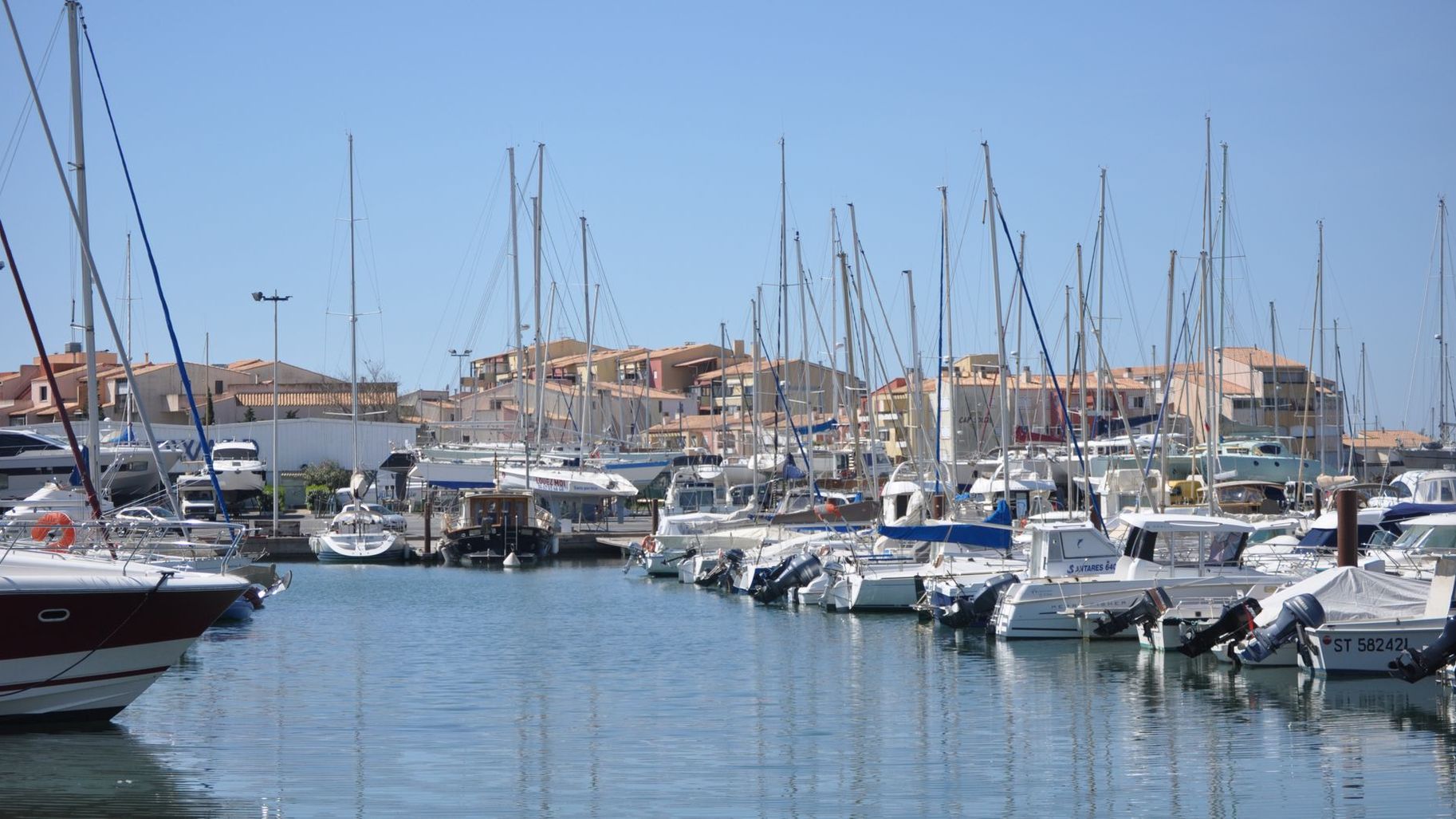Connected ports: another barrier broken thanks to Falco
Date:
Changed on 07/01/2020

Marinas have undergone a process of transformation in recent years. A growing number of people now take care of their boats there during the year, while other small boats are rented out as accommodation.
As a result , even on those stretches of the French nearshore where sailing is most popular, boats are often left moored for more than 350 days a year. “When confronted with this issue of collaborative sailing, which continues to grow and grow, port managers are not always capable of meeting new requests from boat owners, particularly when it comes to security or managing electricity consumption”, explains Elsa Nicol , founder and managing director of Wattson Elements.
In May 2018, the start-up was given nearly €100,000 of funding as part of the InriaHub scheme, the purpose of which is to accelerate the development of particularly promising innovations. As part of Inria’s Technology Transfer Initiative, Wattson Elements are set to spend until the end of the year within the Eva project team.
Designed using sensors developed with assistance from researchers from Inria Paris, the Falco system developed by the start-up will enable users to track a wide range of parameters remotely. Once attached to pontoons, these wireless boxes can be used, for example, to measure energy consumption for individual crafts.
Other types of sensors installed onboard will simultaneously notify the harbour master’s office and the owner of the boat should it start to heel excessively. Falco also offer a range of alarm systems for break-ins, fires or mooring difficulties. Boat owners will be kept in constant contact with their vessel using an application on their smartphone.
This means that boat owners will be notified at the first sign of any issue. “The fact that the company in charge of managing the port is always included in the feedback loop means action can be taken quickly in the event of any damage. It is one of the main advantages of our solution”, explains Elsa Nicol . For marina managers, meanwhile, Falco enables real-time tracking of boats as they arrive and depart, the goal being to optimise the management of available spaces.
Won over by the system’s range of features, the port of Cap d’Agde recently signed up to the Falco offer in the form of a pilot model, becoming the first marina connected to the system, explains the managing director of Wattson Elements, pleased with the news.
Come the spring, a number of zones within this vast port area - which has more than 4,000 moorings - will be fitted with sensors used to manage flows dynamically and to enhance boat security
In the months to come, the port of Kernével in Brittany, which has a thousand moorings, will also be connected to the system. With 180 marinas and an overall total of no fewer than 160,000 moorings, the French nearshore is a promising market for the start-up. Roughly one third of these ports, whose hosting capacities either reach or exceed 800 boats, are likely to make a call to Falco, estimates Elsa Nicol. “Our solution provides an easy way for companies responsible for managing ports of this size to modernise their working equipment while regaining control over collaborative sailing, allowing them to oversee or regulate it.”
With a number of other marinas in France reportedly interested in this technology, the start-up already has plans to expand overseas. “We feel that our application could prove to be a real asset in the United Kingdom or in Spain, for example, where marinas are run by companies keen to offer their clients innovative new services, and we’re encouraged by the positive feedback we’ve received from the marina managers in Catalonia and Andalusia we’ve met”, concludes Elsa Nicol.